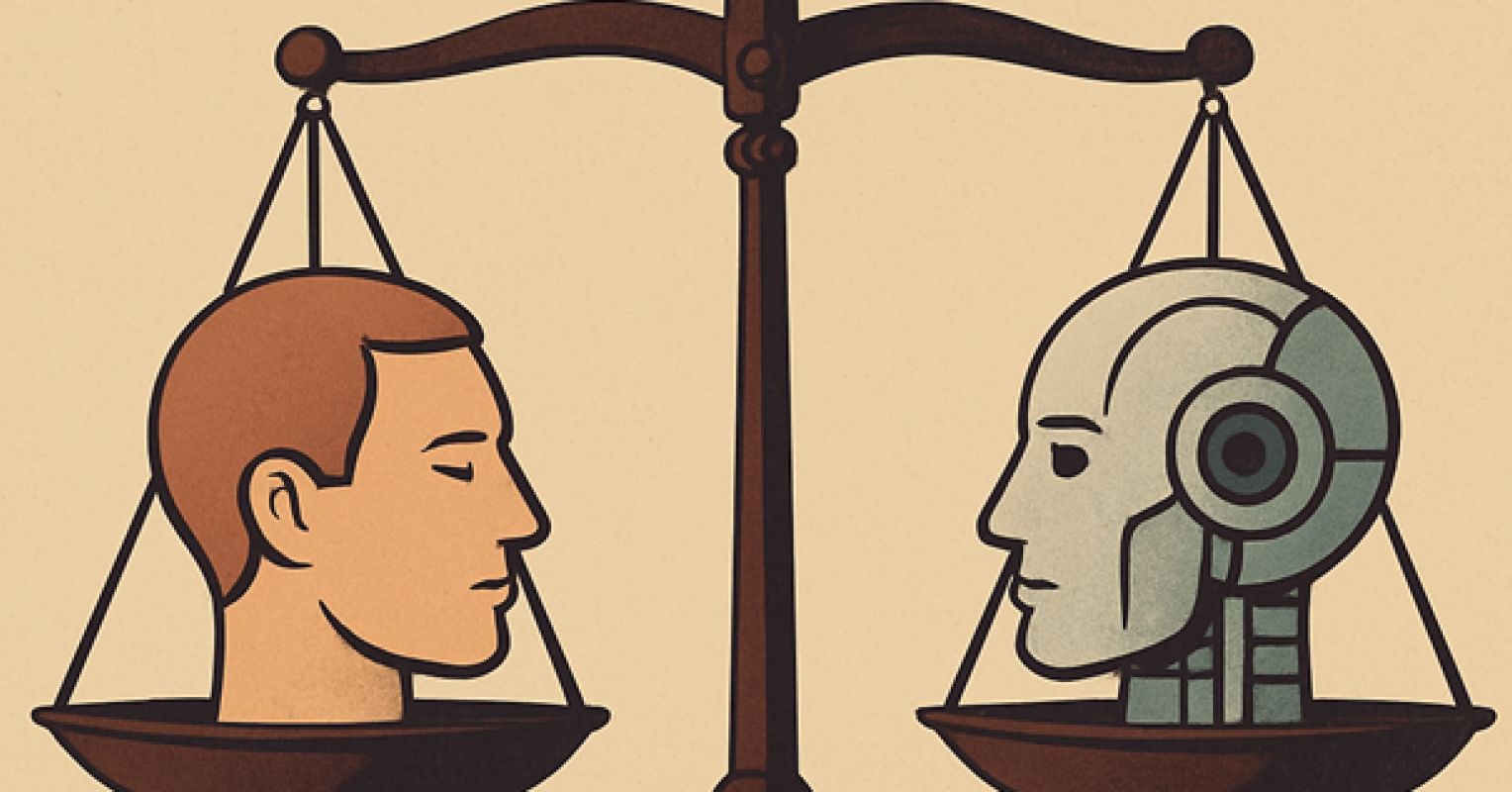
"The AI jurors were three large language models (LLMs, also known as chatbots)-two different versions of OpenAI's ChatGPT and Anthropic's Claude. The human jurors were 752 university students who had participated in an earlier, separate study conducted by Bailey Fraser and her colleagues (Fraser at al., 2023). All of the jurors evaluated testimonial evidence and rendered a verdict in a case of alleged sexual assault."
"If AI jurors can accurately and fairly evaluate the evidence for and against a defendant, they may be superior to human jurors overall. Why? Because AI jurors work more quickly, do not get tired, do not lose focus, and do not forget important information. They can work around the clock, do not need to be paid, and will not be influenced by other jurors."
Three large language models (two ChatGPT versions and Anthropic's Claude) served as AI jurors alongside 752 university student jurors. Jurors evaluated testimonial evidence and rendered verdicts in an alleged sexual assault case. Four legally irrelevant factors were manipulated across 24 trial transcript versions: defendant race (Black or White), social status (dentist or landscaper), number of accusers (one or five), and reporting delay (5, 20, or 35 years). AI jurors can work continuously, resist fatigue, maintain focus, and avoid interpersonal influence, and their decisions may be less affected by irrelevant factors such as race or social status.
Read at Psychology Today
Unable to calculate read time
Collection
[
|
...
]